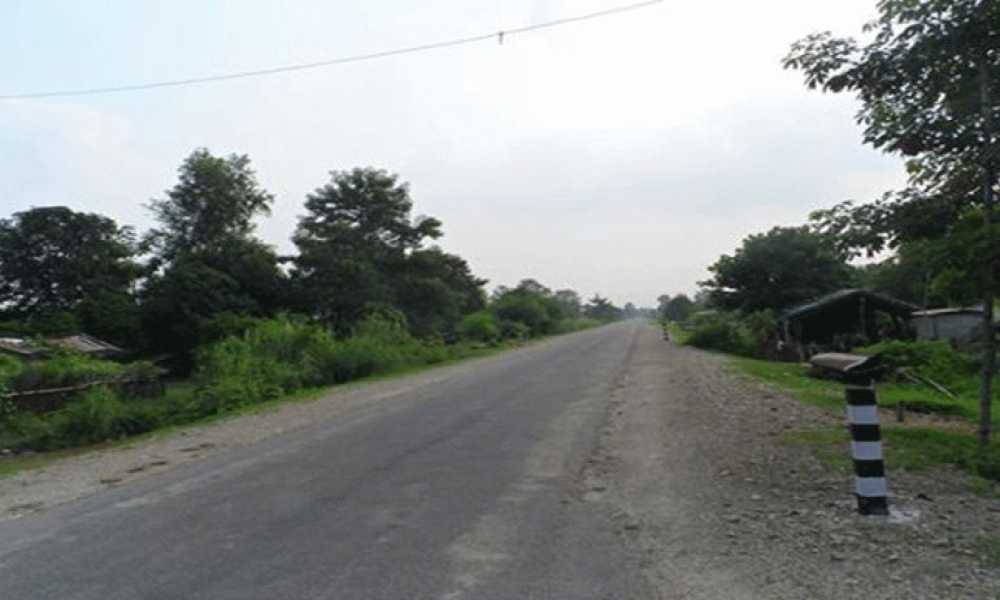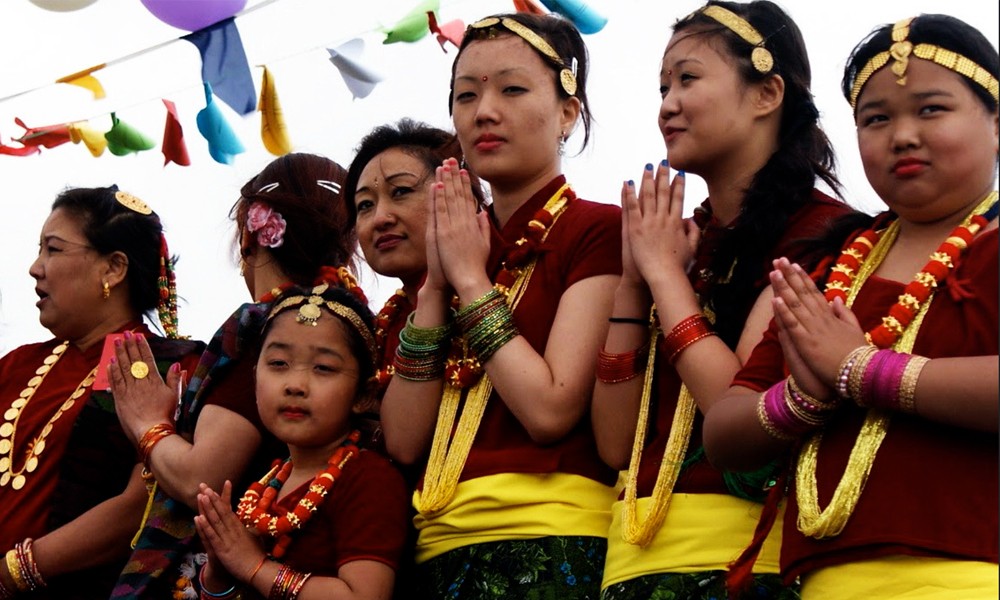Sushil Chaudhary
The history of human civilization is stained with blood. The mankind has been fighting gruesome battles since time immemorial. But nearly all wars have ended with a realization that violence is not the solution, and human lives are precious.
After the Word War I, the league of nation was born to promote peace and harmony and resolve disputes through constructive talks. After the World War II, the United Nations was born, and it continues to play a mediatory role in diffusing political tensions around the world even today.
In Nepal's context, all political wars, whether it was the NC's anti-Rana revolution or the Maoist war, have ended up reinforcing the need for peace and democracy. The Maoist war coalesced into the April uprising to defeat the monarchy and give birth to a republic nation.
In short, people have always preferred peaceful means of protest to get their political rights. The Nepalis are naturally peace-loving and do not generally resort to violence unless they are left with no other choices. But there has been a surge in violent protests across Nepal's plains in the last few weeks. It is important to find out why people, including the Tharus, are turning violent in Nepal.
People have always preferred peaceful means of protest to get their political rights. The Nepalis are naturally peace-loving and do not generally resort to violence unless they are left with no other choices.
Why are Tharus agitated?
After the major parties in Kathmandu decided to create six federal provinces in Nepal, the mid-western and far-western parts of the country witnessed outbursts of two parallel violent protests. In the plain, the Tharuhat Struggle Committee announced an agitation demanding a Tharuhat province. In Karnali, the hill people launched protests refusing to be part of the far-western province. There was a similar protest by the hill people in Surkhet, too. In Baglung, the hill people were up in arms against division of their district between two provinces. Four people were killed in Surkhet and Karnali.
But when the major parties redrew federal boundaries one month later, they addressed demands of Surkhet, Karnali and Baglung but not the Tharuhat. So the Tharus became more angry and resorted to violent protests. And we unfortunately had to bear with the killings of nine security personnel in Tikapur of Kailali district.
The arrested Tharu youths have been deprived of their rights to have a lawyer to defend them. Fearing unlawful arrests, hundreds of Tharu youths have fled their villages and reached India.
Terror in Tikapur
After the killings of policemen in Tikapur, the government has declared Kailali a riot district, deployed the army and enforced hours of curfew. What happened in Tikapur should be condemned. Tharuhat leaders should take moral responsibility of it. But it should not be an excuse for the state to oppress the indigenous Tharu people.
The hill settlers burned down houses of some Tharu people in Tikapur despite the curfew. Police have arrested dozens of Tharu youths. The arrested Tharu youths have been deprived of their rights to have a lawyer to defend them. Fearing unlawful arrests, hundreds of Tharu youths have fled their villages and reached India.
Instead of punishing the whole Tharu community for the Tikapur killings, we should learn lessons from it. The Tharus have a political demand, and the state should not delay in addressing it. The political parties, the civil society and the local administration should undertake efforts to restore peace and harmony in Tikapur. Giving the Tharus what they deserve should not be seen as curtailing rights of other communities. The Interim Constitution-2007 has recognized human rights in its very preamble, and the new constitution should honor human rights of the Tharu community.









